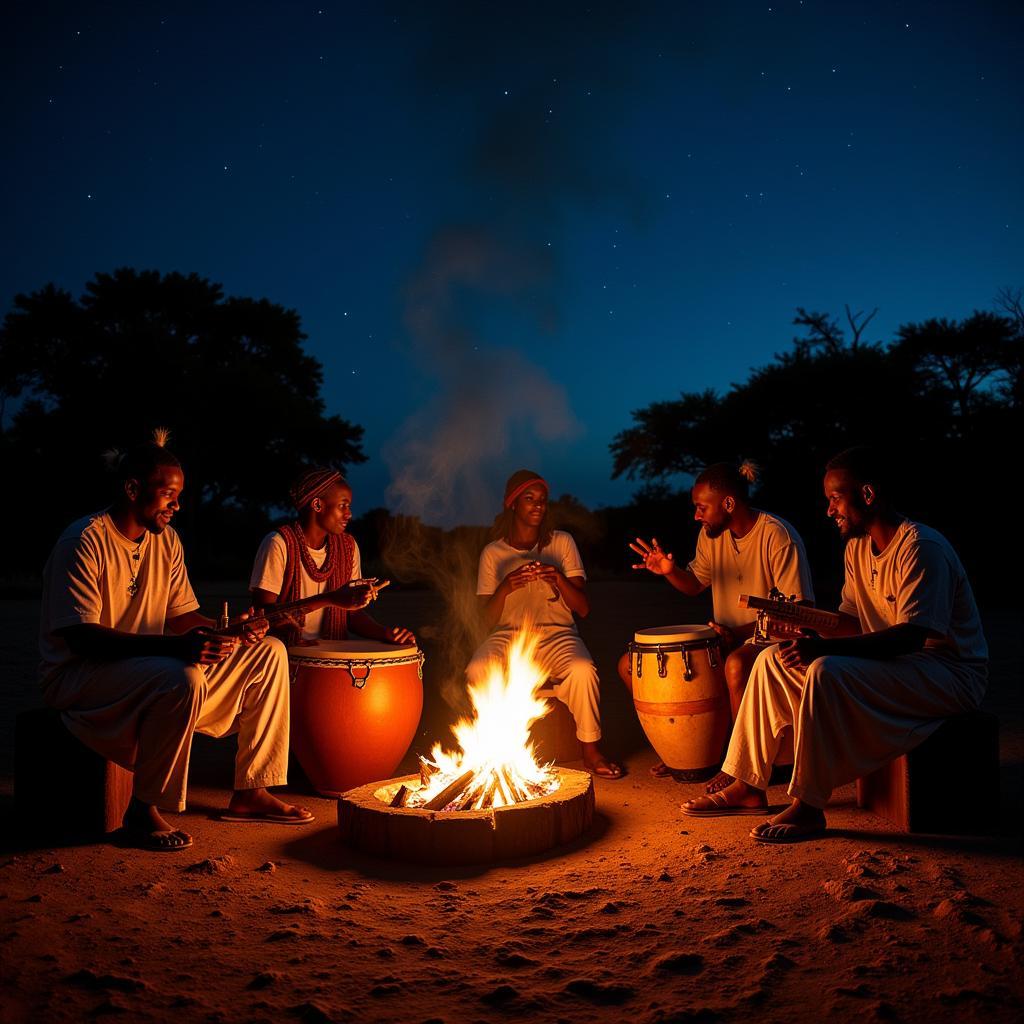The African Country Colonized by Freed Slaves: A History of Liberia
Liberia, a nation nestled on the West African coast, boasts a unique history intertwined with the transatlantic slave trade. Unlike other African countries, Liberia’s origins lie not in indigenous rule, but in the resettlement of freed American slaves. This article delves into the fascinating tale of Liberia’s founding and its subsequent journey as an independent nation.
The idea of establishing a homeland for freed slaves in Africa first emerged in the early 19th century. Prominent figures like the American Colonization Society advocated for returning former slaves to Africa, believing they could create a more equitable society there. This movement, however, was met with mixed reactions. While some African Americans embraced the opportunity to return to their ancestral homeland, others saw it as a way to perpetuate racial segregation and deny them full integration into American society.
The Arrival of the First Settlers
In 1822, the first group of freed slaves, under the auspices of the American Colonization Society, arrived on the shores of what is now Liberia. They established a settlement named “Freetown” at the mouth of the Mesurado River, facing immense challenges from local tribes who viewed them as intruders. Despite the difficulties, the settlers, predominantly from the Southern United States, began to cultivate land and establish their own form of governance.
The Birth of Liberia
By 1847, the settlers had laid the foundations for a self-governing nation. They declared their independence from the United States, establishing the Republic of Liberia, and adopted a constitution inspired by the American model. This marked the beginning of Liberia’s unique journey as a nation founded by former slaves.
The Legacy of the Founding Fathers
The legacy of the founding fathers remains embedded in Liberia’s culture and society. Their dedication to education and self-reliance laid the groundwork for the country’s development. They also embraced the values of democracy and freedom, echoing their experience in the United States.
Challenges and Achievements
While Liberia’s history is a testament to the resilience and determination of its people, it has not been without challenges. The legacy of the transatlantic slave trade and the subsequent colonization experience left deep scars on the nation. From political instability to economic hardship, Liberia faced a myriad of challenges, culminating in a devastating civil war in the 1990s.
Despite these setbacks, Liberia has made notable strides in recent years. Its dedication to democratic principles, its commitment to rebuilding after the civil war, and its growing economic diversification demonstrate the nation’s resilience and its potential for a brighter future.
The Role of Liberia in the Global Community
Today, Liberia plays an important role in the international community. It actively engages in global efforts to promote peace, development, and human rights. As a nation founded on the principles of freedom and self-determination, Liberia continues to inspire hope and serve as a reminder of the power of human resilience.
Expert Insight:
“Liberia’s history serves as a compelling reminder of the enduring impact of the transatlantic slave trade. While the nation’s founding was rooted in the quest for freedom, its journey has been marked by challenges and triumphs. It is a testament to the human spirit’s capacity to overcome adversity and build a better future.” – Dr. Abena Busia, Professor of African Studies, University of Ghana
“Liberia stands as a unique example of an African country shaped by the transatlantic slave trade. Its founding story is one of resilience and determination, showcasing the aspirations of those seeking freedom and self-determination.” – Professor Kwame Anthony Appiah, philosopher and author
Frequently Asked Questions
Q: What language is spoken in Liberia?
A: The official language of Liberia is English, although several indigenous languages are also spoken.
Q: What is the currency of Liberia?
A: The currency of Liberia is the Liberian dollar.
Q: What are some of the major industries in Liberia?
A: Liberia’s economy is largely driven by agriculture, forestry, and mining.
Q: What are some of the popular tourist destinations in Liberia?
A: Popular tourist destinations in Liberia include the Sapo National Park, the Providence Island, and the historical sites of Monrovia, the capital city.
Q: Is it safe to travel to Liberia?
A: The safety of travel to Liberia depends on the current political and security situation. It is always advisable to check travel advisories and consult with relevant authorities before traveling to the country.
Conclusion
The story of Liberia is a captivating journey of resilience, determination, and the quest for self-determination. Founded by freed slaves seeking a new beginning, Liberia stands as a testament to the human spirit’s capacity to overcome adversity and build a society based on freedom and equality. Its history is not only a source of inspiration but also a reminder of the enduring legacies of the transatlantic slave trade and the ongoing fight for justice and equity across the globe.

